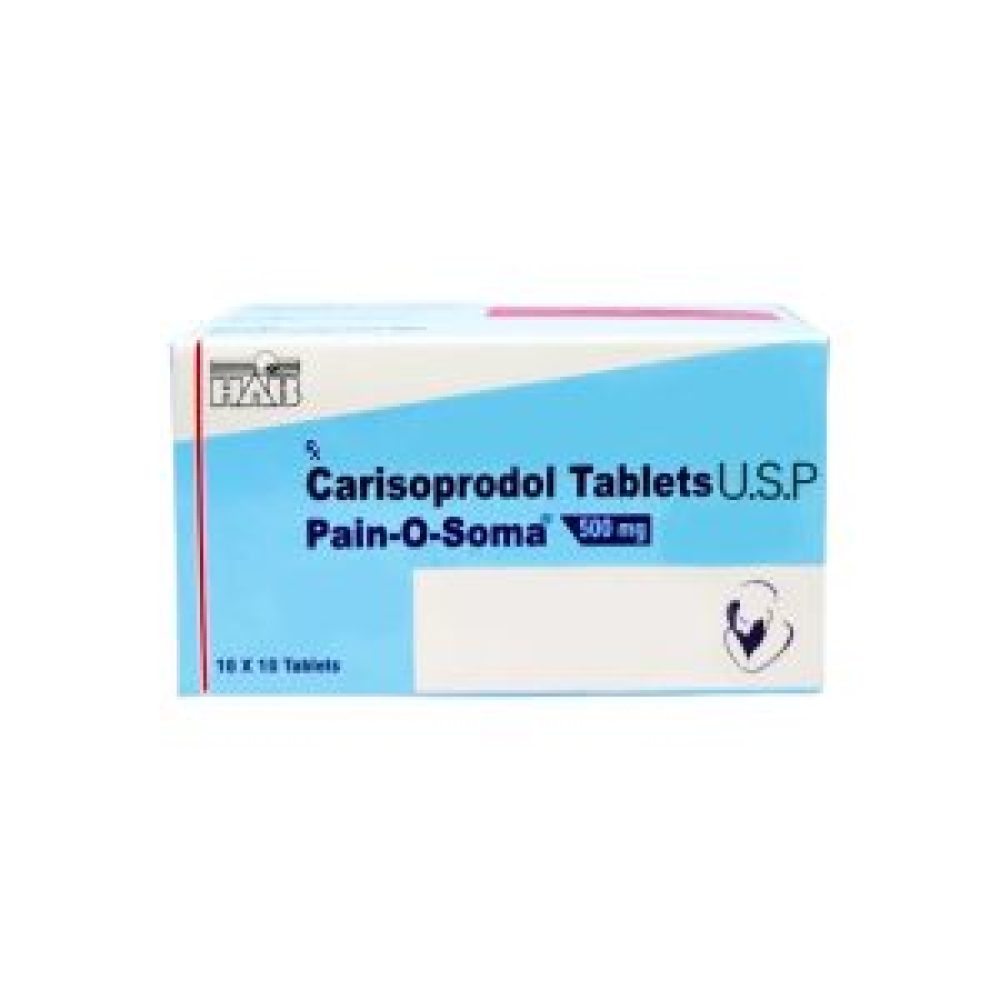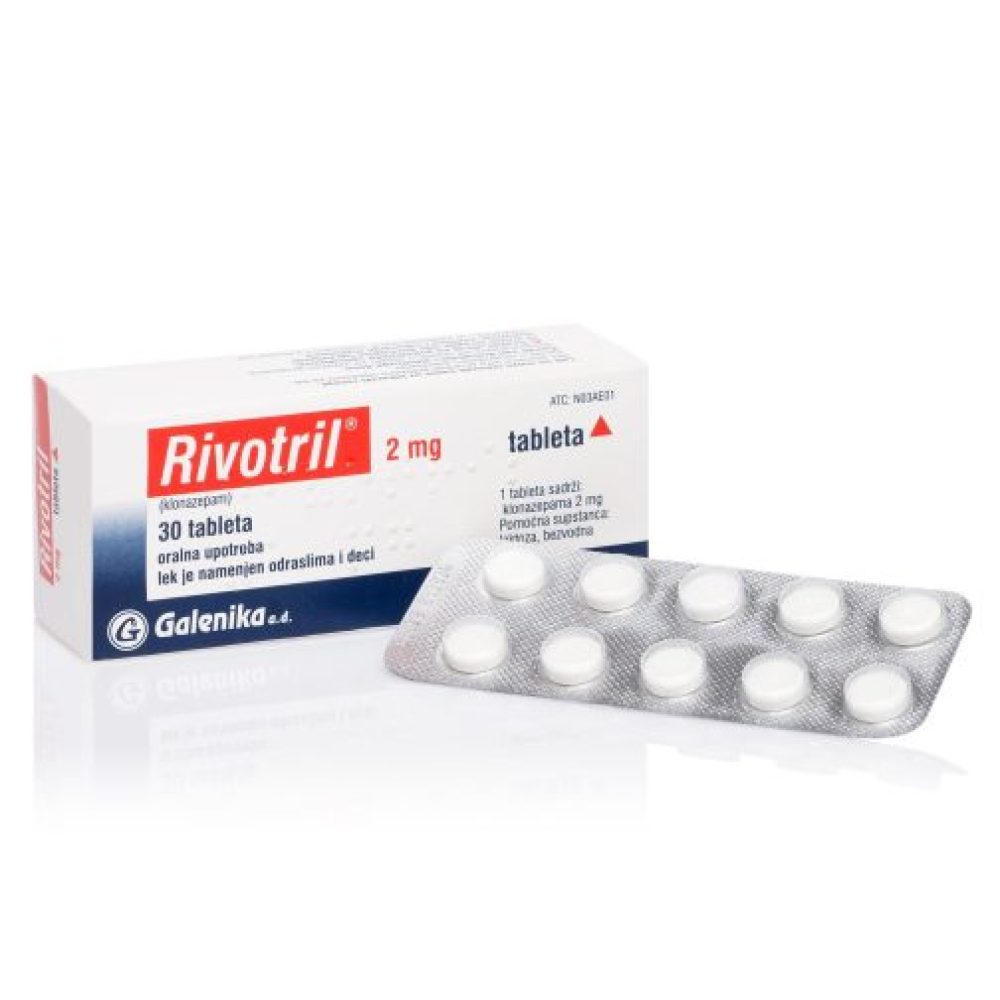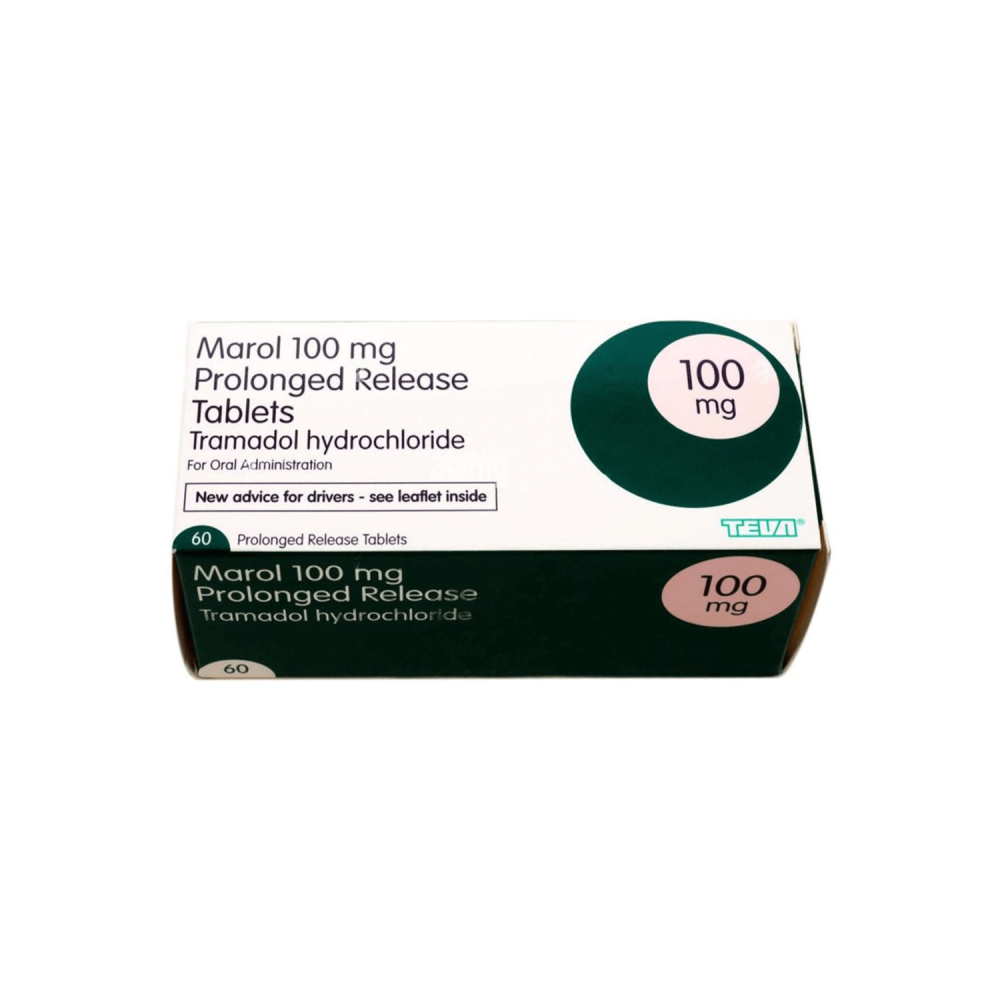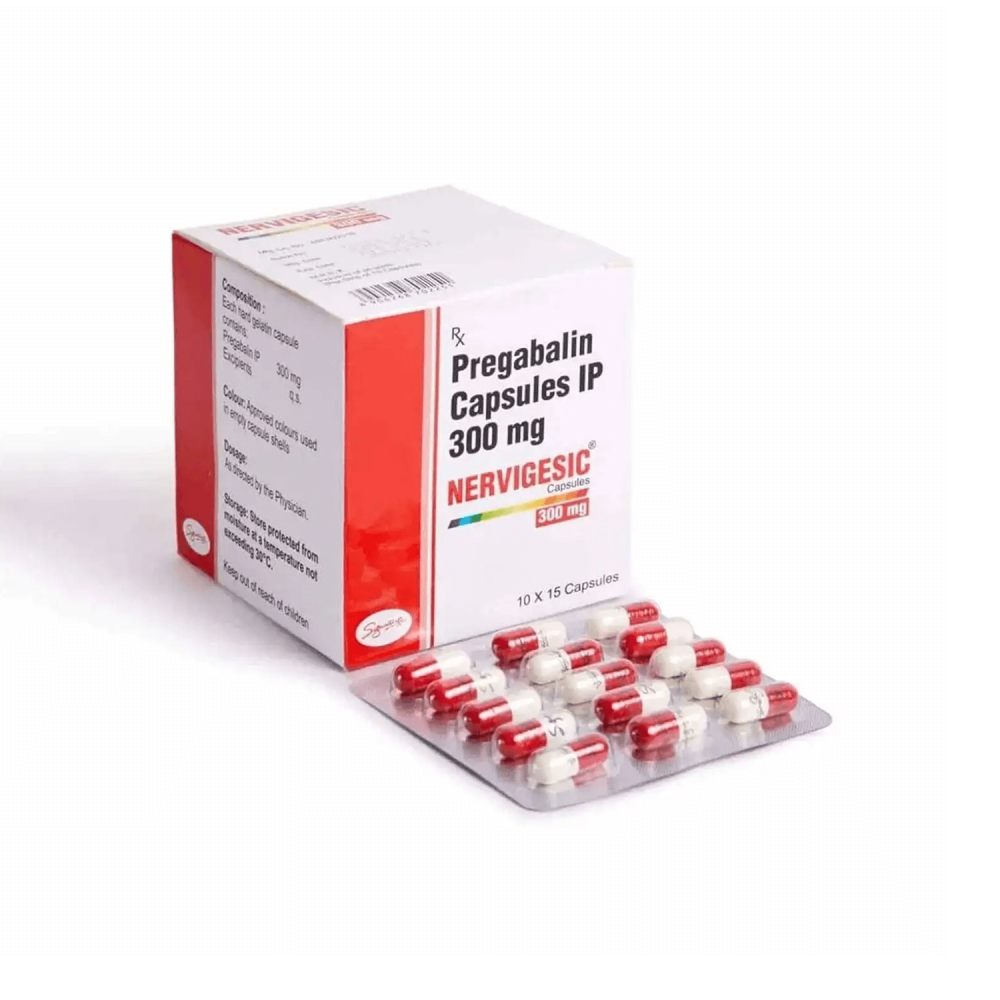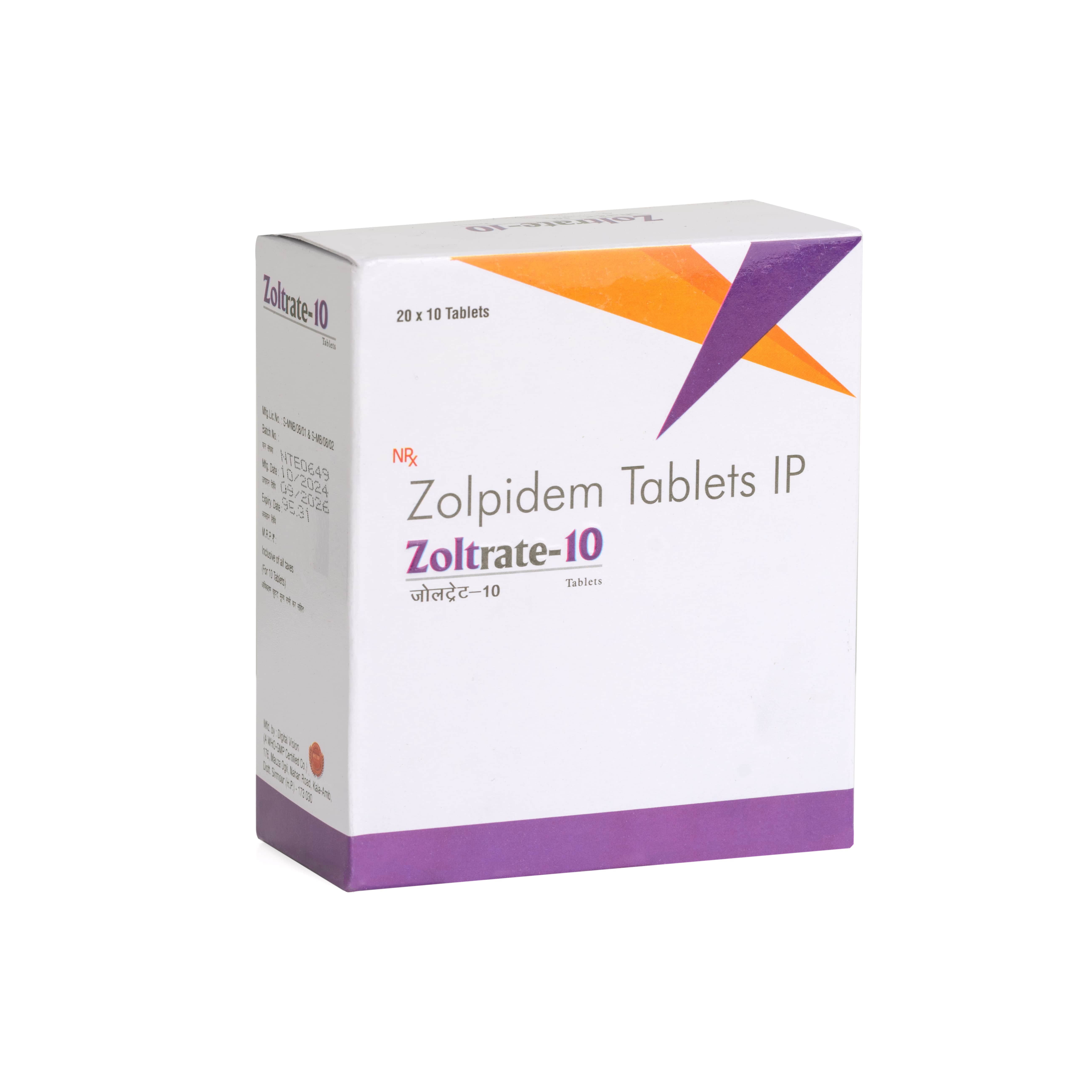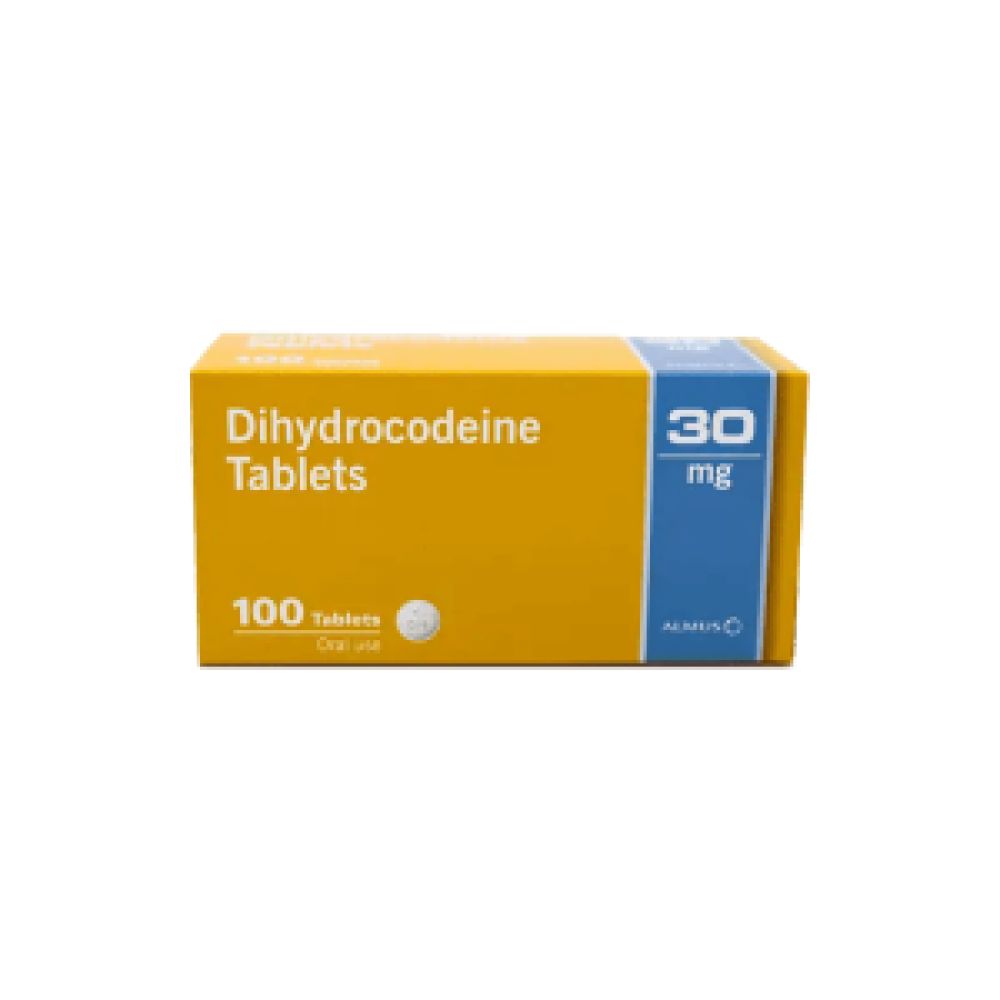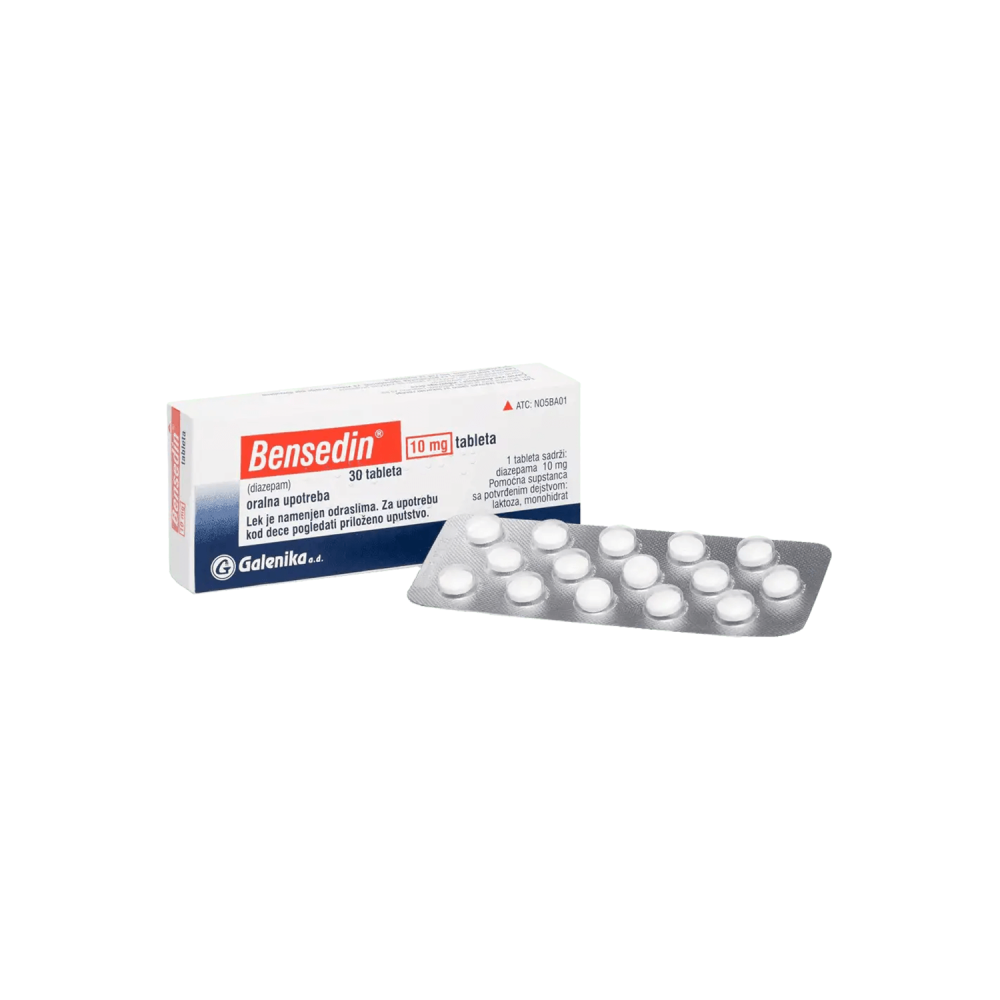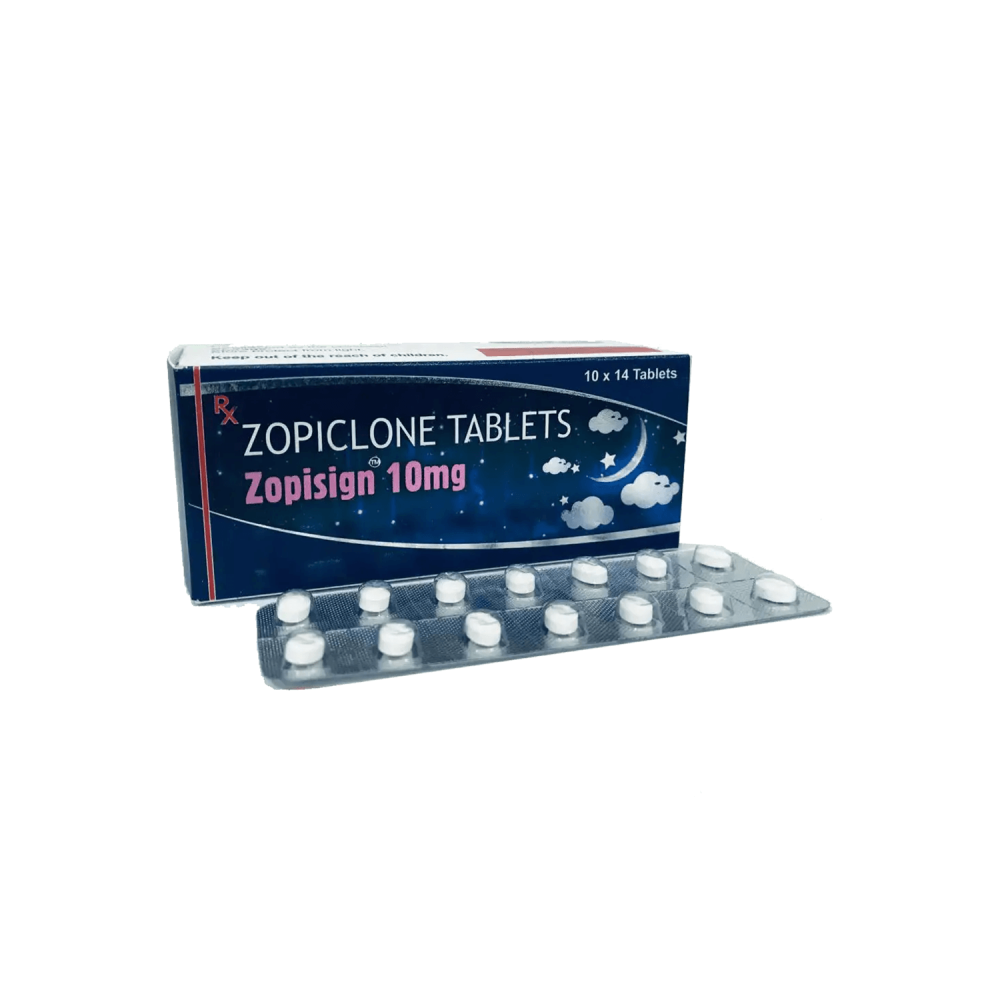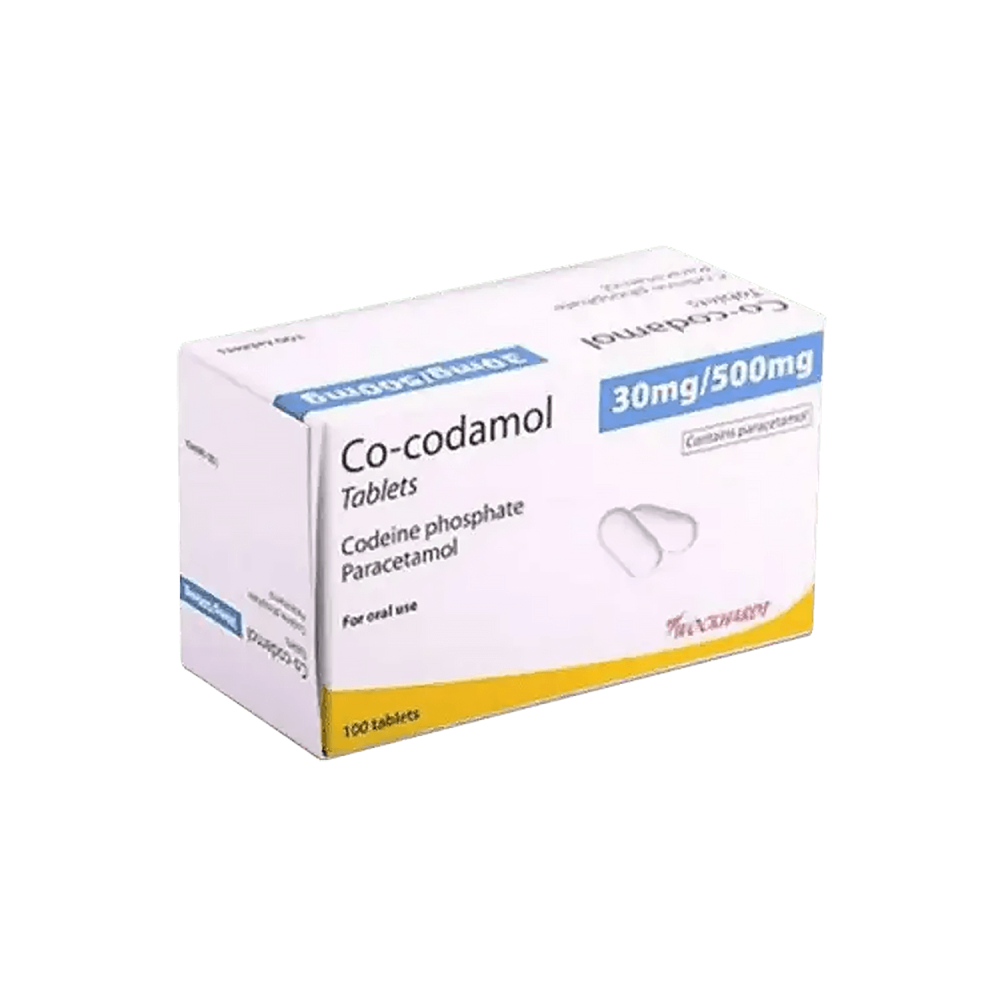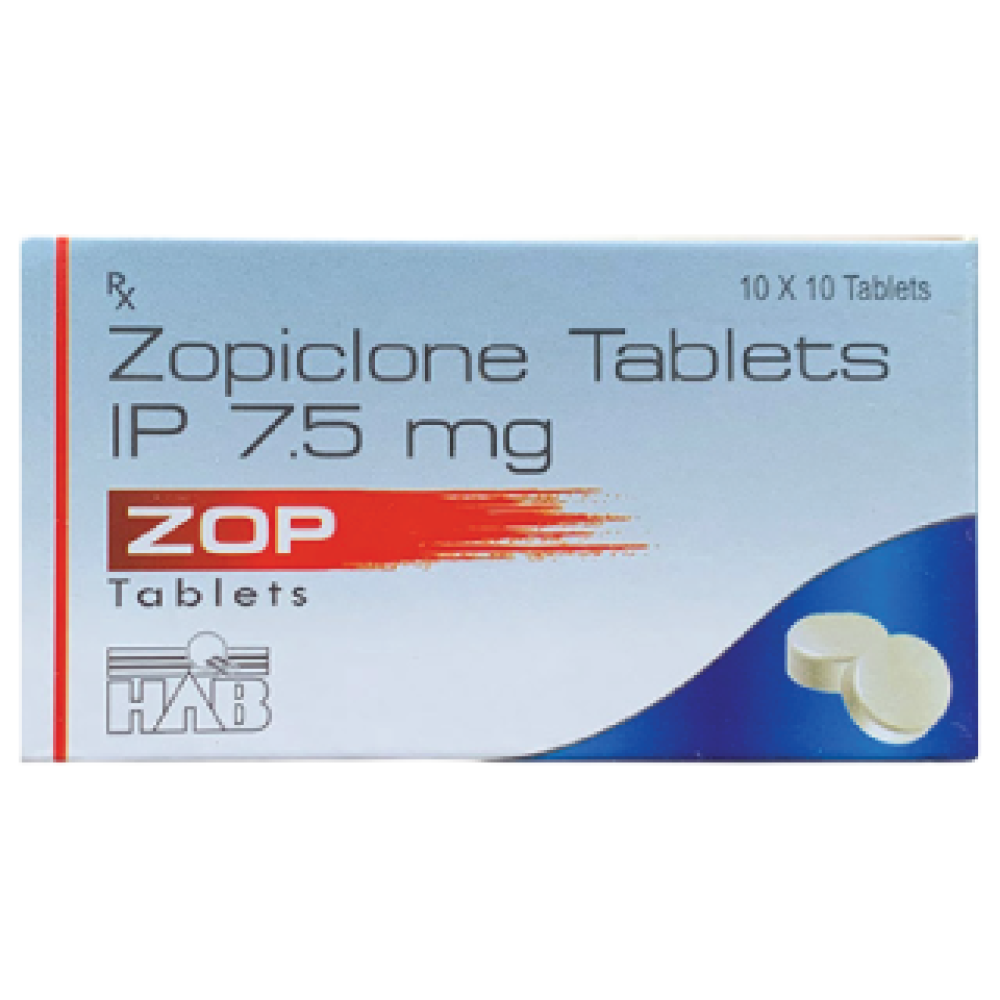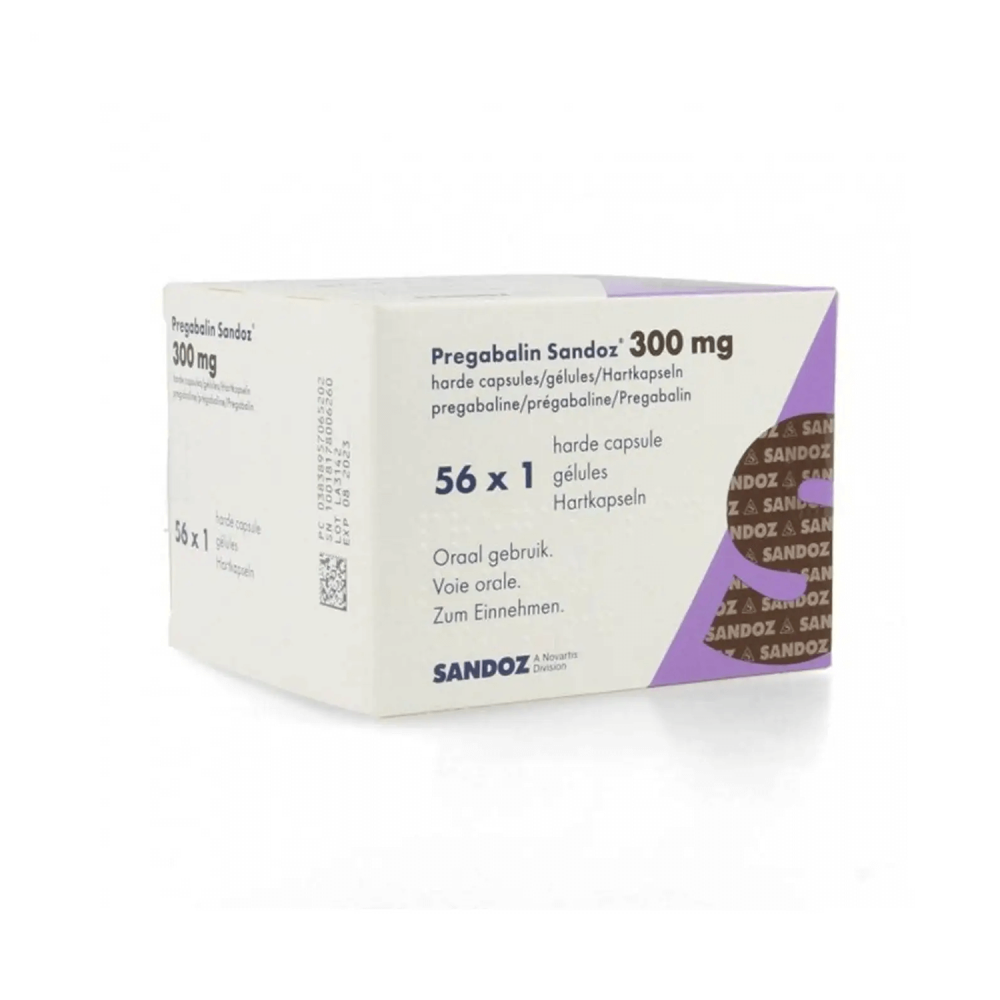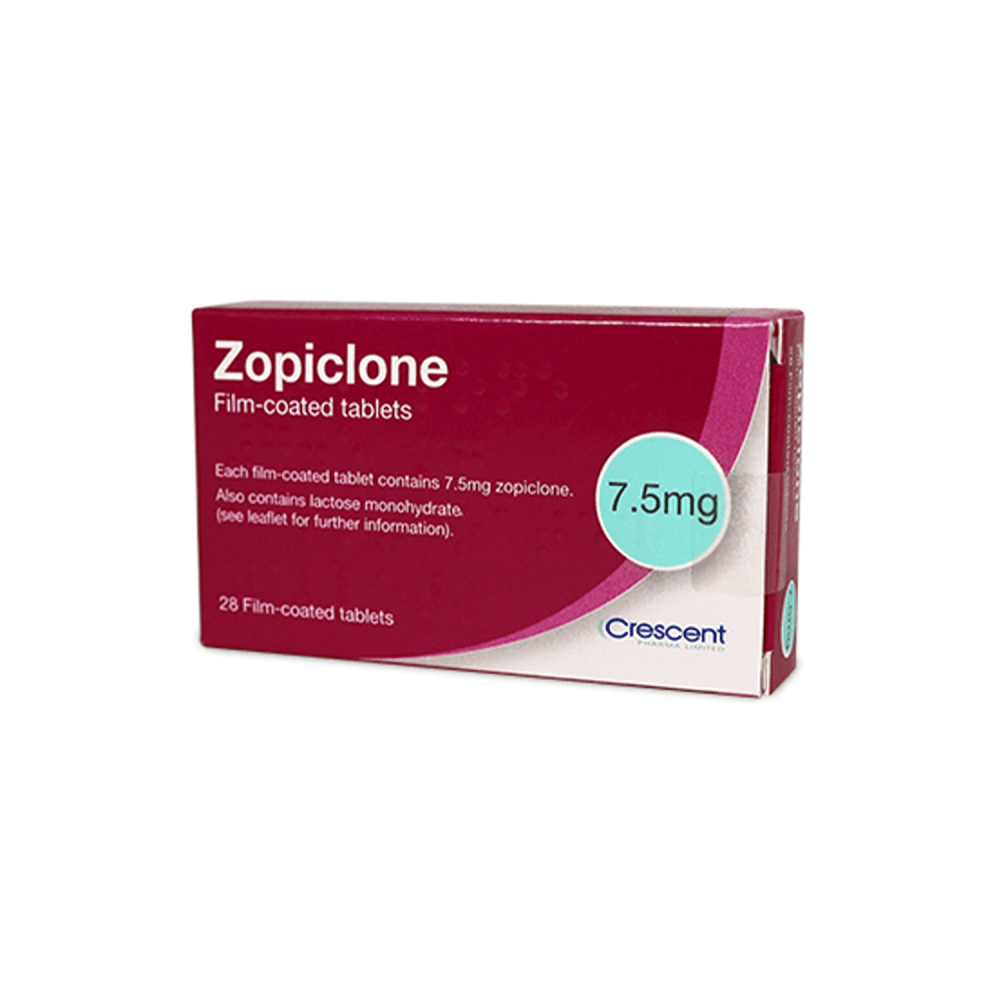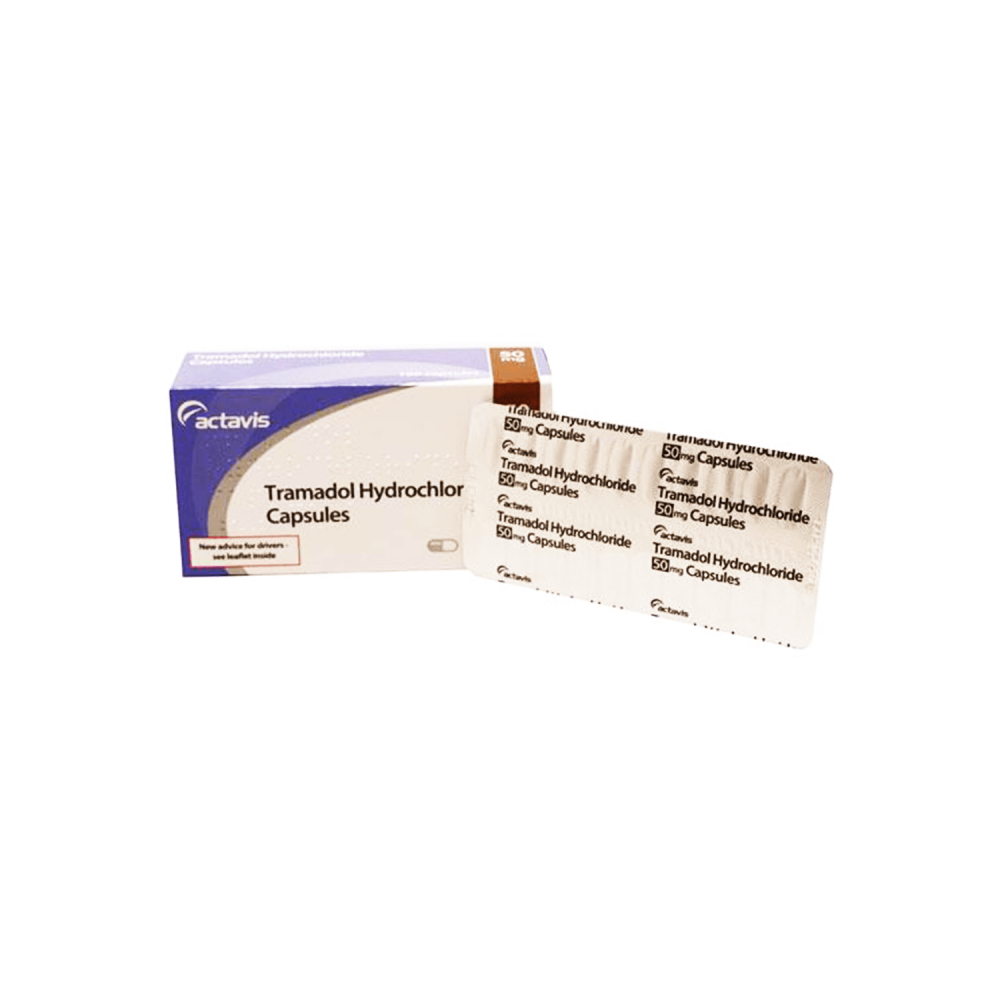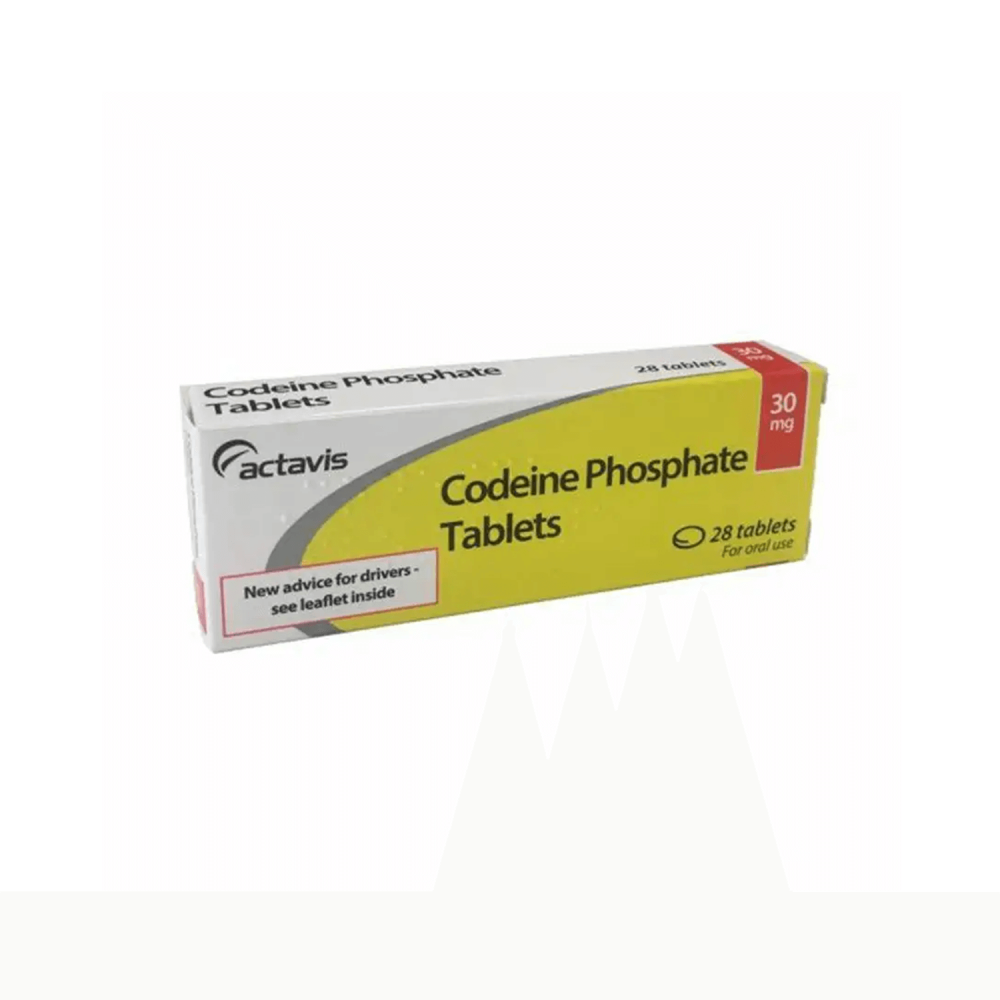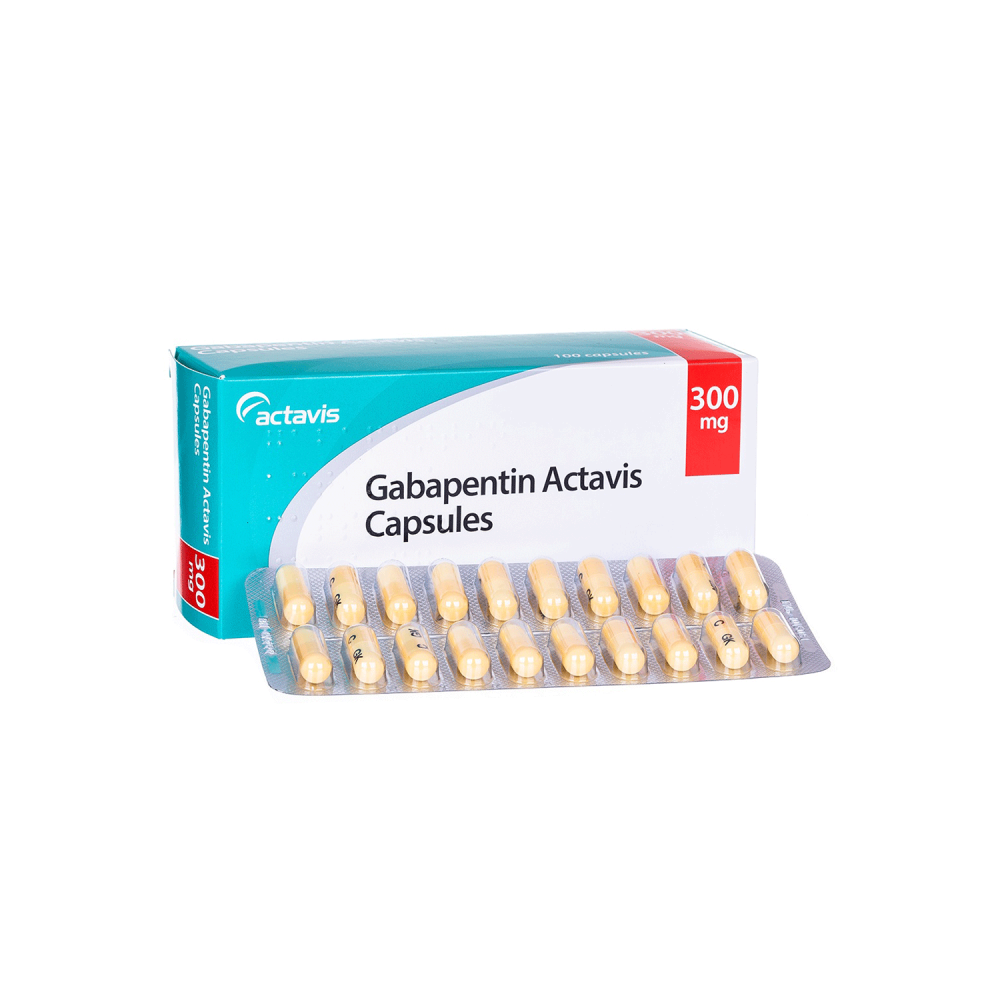A Comprehensive Guide to Safe Painkillers for Dental Pain in Pregnancy
A woman’s pregnancy is a beautiful yet challenging phase of her existence. Women undergo a variety of emotional and physical transformations during this time, and pain management becomes an essential concern. Dental pain during pregnancy can be particularly distressing, as it can have an impact on the health of both the mother and the infant. It is essential to select a safe painkiller in pregnancy for dental pain to guarantee the safety of both the mother and the infant.
In this blog, we investigate the causes of dental pain during pregnancy, secure pain management options, and alternative methods to alleviate discomfort while considering the baby’s health.
The Causes of Dental Pain During Pregnancy
Oral and dental issues are more prevalent among pregnant women as a result of hormonal fluctuations and other physiological factors. The effective management of dental pain is facilitated by an understanding of its causes.
- Hormonal Changes – Pregnancy gingivitis, a condition characterised by elevated levels of oestrogen and progesterone, can result in gum inflammation.
- Gums that are tender, distended, and bleeding can result in substantial discomfort.
- Inadequate Oral Hygiene – The neglect of oral hygiene or irregular brushing is frequently the result of food cravings and morning nausea.
- The risk of cavities and toothaches is elevated by the accumulation of plaque.
- Pregnancy Tumors – Pyogenic granulomas, which are pregnancy tumours, may develop on the gums of certain women. Although these non-cancerous growths are benign, they may induce haemorrhage and discomfort.
- Increased Blood Flow – The gums may become more sensitive and susceptible to pain as a result of the increased blood flow to them during pregnancy.
- Calcium Deficiency – Calcium is essential for the development of strong bones and teeth in the infant. The mother’s teeth may become weakened and she may experience dental discomfort if her calcium intake is insufficient.
- Infections and Tooth Decay – Pregnant women are at a higher risk of tooth decay, cavities, and infections, which are primary causes of dental discomfort, due to hormonal changes and inadequate oral hygiene.
The Significance of Safe Painkillers During Pregnancy
It is imperative to address dental pain during pregnancy, as untreated dental infections can result in complications such as preterm birth or low birth weight. Nevertheless, not all painkillers are secure for use during pregnancy. Certain medications have the potential to cross the placenta and cause damage to the developing foetus.
Painkillers’ safety is contingent upon their type, dosage, and trimester of pregnancy. It is imperative that pregnant women consult their healthcare provider or dentist prior to taking any medication.
Pregnancy-Friendly Painkillers for Dental Pain
The following are the most secure methods for alleviating dental discomfort during pregnancy:
1. Acetaminophen (Paracetamol) – Safety: Acetaminophen is considered the safest analgesic during pregnancy when used in the recommended dosages.
- Usage: It is effective in alleviating mild to moderate dental pain anhttps://the-sleepingpills.com/https://the-sleepingpills.com/d reducing fever.
- Dosage: The recommended daily dosage is 500mg to 1000mg every 4-6 hours, with a maximum of 4,000mg.
- The Safety of Acetaminophen: When administered correctly, acetaminophen has negligible side effects and does not pose a substantial risk to the developing baby.
- Warning: Prolonged or excessive use may result in liver injury.
- Eschew Nonsteroidal Anti-Inflammatory Drugs (NSAIDs)
- Medications such as ibuprofen, aspirin, and naproxen are frequently employed for pain alleviation; however, they are not advised for use during pregnancy, particularly in the third trimester.
- Risks: – Increases the likelihood of miscarriage during the first trimester of pregnancy.
- If administered later in pregnancy, the infant may develop heart and kidney issues.
- May result in complications during delivery or prolonged labour.
- Codeine – Codeine is a moderate opioid painkiller that is occasionally prescribed in conjunction with paracetamol.
- Usage: It is generally reserved for severe dental pain that does not respond to paracetamol alone.
- Precaution: Opioids contain a risk of dependency and withdrawal symptoms in newborns; therefore, use under strict medical supervision.
4. Local Anesthetics – Local anaesthetics, such as lidocaine, are considered safe during pregnancy if dental treatment is necessary.
- Usage: Lidocaine is suitable for procedures such as inlays, extractions, or root canals, as it does not cross the placenta in substantial quantities.
- Warning: In an effort to mitigate risks, dentists frequently implement the lowest effective dosage.
Natural and Alternative Treatments for Dental Pain During Pregnancy
Although paracetamol is the most secure painkiller for pregnant women, natural remedies can alleviate moderate dental pain and discomfort without resorting to medication. The following are a few secure and effective alternatives:
1. tepid Salt Water Rinse – Rinsing your mouth with tepid salt water can alleviate pain, reduce inflammation, and eliminate bacteria.
- Usage Instructions: Rinse your mouth with tepid water and one teaspoon of salt on a daily basis.
2. Cold Compress – The application of a cold compress to the cheek can reduce oedema and numb the affected area.
- Usage Instructions: Wrap ice in a cloth and apply it to the cheek for 10-15 minutes at a time.
- Clove Oil
- Eugenol, a natural anaesthetic and antibacterial agent, is present in clove oil.
- Usage Instructions: Apply clove oil to the afflicted tooth by dipping a cotton ball in the liquid. Refrain from using it in excess, as it may cause gingival irritation.
4. Peppermint Tea – Peppermint possesses natural anti-inflammatory and numbing properties.
- Usage Instructions: Brew peppermint tea, allow it to settle, and either use it as a mouth rinse or consume it for its calming properties.
5. Garlic Paste – Garlic’s antibacterial properties can aid in the prevention of infections and can alleviate pain.
- Usage Instructions: A garlic clove should be crushed into a paste and then applied to the afflicted tooth for a few minutes.
- Elevating the Head – Elevating your cranium while sleeping can alleviate throbbing pain and reduce blood flow to the gums.
The Appropriate Time to Visit a Dentist During Pregnancy
Dental issues that arise during pregnancy should not be disregarded. It is imperative to seek professional dental care if the discomfort persists or worsens. Infections that may be detrimental to both the mother and the infant may result from postponing treatment.
Safe Dental Procedures During Pregnancy: – Routine Cleanings: Periodic dental cleanings are safe and recommended during pregnancy to prevent periodontal disease.
- Extractions and Fillings: These procedures can be safely performed, particularly during the second trimester.
- Root Canals: In the event of an infection, root canals are required to prevent the transmission of pathogens.
Precautions: – Inform your dentist of your being pregnant.
- Refrain from undergoing elective procedures, such as cosmetic treatments, while pregnant.
- Delay X-rays unless they are absolutely essential. The dentist will employ protective shields to reduce exposure if necessary.
Strategies for Preventing Dental Pain During Pregnancy
Prevention is preferable to cure, particularly during pregnancy. Some recommendations for the prevention of dental discomfort and the preservation of oral health are as follows:
- Regularly brush and floss your teeth
- Brush your teeth twice daily with fluoride toothpaste and a soft-bristled toothbrush.
- Use floss daily to eliminate food particles and plaque from the spaces between teeth.
- Maintain Hydration – Consuming water assists in ridding the mouth of bacteria and food particles.
- Eat a Balanced Diet – Boost the health of your teeth and gums by incorporating calcium-rich foods such as dairy products, leafy greens, and fortified cereals.
- Refrain from Consuming Sugary Foods – To prevent tooth decay and cavities, restrict the consumption of sugary munchies and beverages.
- Rinse Your Mouth After a Morning Sickness – The enamel of your teeth can be eroded by vomiting. After experiencing morning nausea, rinse your mouth with water or a fluoride mouthwash.
- Visit Your Dentist – Arrange a dental check-up at the beginning of pregnancy to identify and resolve any potential issues.
In Conclusion
Managing dental pain during pregnancy can be a difficult task; however, it can be accomplished in a safe and effective manner with the appropriate approach. Acetaminophen is the most secure painkiller for dental pain during pregnancy, while natural remedies such as clove oil and tepid salt water rinses can offer supplementary relief. In order to prevent dental issues during this critical period, it is essential to maintain good oral hygiene and consult a dentist on a regular basis.
Before undergoing any dental procedures or taking any medication during pregnancy, it is crucial to consult with your healthcare provider or dentist. You can experience a stress-free and comfortable pregnancy by prioritising the safety of your infant and your dental health.


